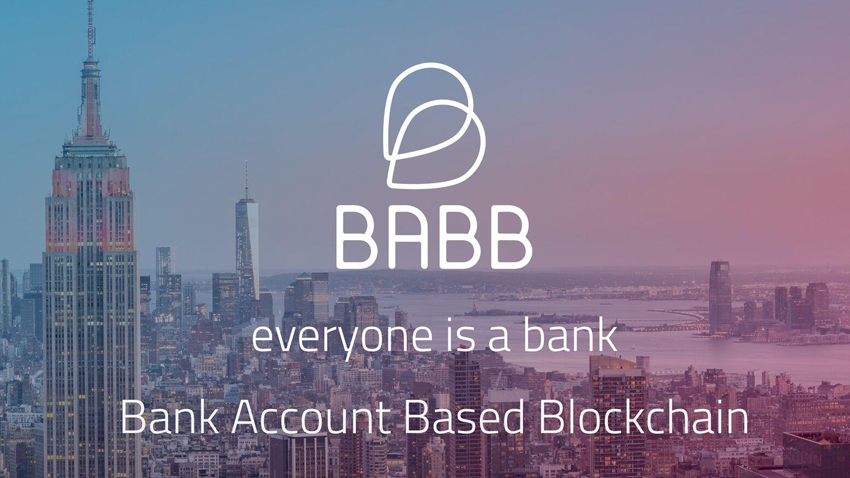
Initial Coin Offerings Can Issue Social Change, Too
Initial Coin Offerings Can Issue Social Change, Too https://csuiteold.c-suitenetwork.com/wp-content/uploads/2017/10/initial-coin-offerings-can-issue-social-change-too.jpg 960 640 C-Suite Network https://csuiteold.c-suitenetwork.com/wp-content/uploads/2017/10/initial-coin-offerings-can-issue-social-change-too.jpgSomething truly disruptive has been emerging in the world of social impact: the rise of digital currencies and blockchain technology as tools for accelerating change.
As cryptocurrencies gain favor with entrepreneurs, governments, businesses and consumers, their potential use cases for good are being rigorously explored by all of these stakeholders. Many cryptocurrency projects led by startups and large international agencies alike are striving for bold breakthroughs in entrenched social issues, fostered by the greater speed, transparency and data integrity of blockchain technology. As Initial Coin Offerings (ICOs) pave the way for ever more types of cryptocurrencies, the sweeping potential for social progress increases by the day.

Is virtual currency really a viable solution to real-world problems?
Yes, according to many leading social entrepreneurs. It’s why blockchain gatherings are popping up all around the world, from Sir Richard Branson’s annual summit with global influencers, to a Blockchain for Good Hackathon sponsored by Linux, to The World Bank’s new Blockchain Lab. Whether the applications are for democracy promotion, cybersecurity, the sharing economy, voting, land titling, or specific social causes such as environmental degradation and poverty, blockchain true believers are racing to discover the ways that these technologies can radically improve the world.
As just a few of thousands of examples:
• Project Amply is building a digital identity and subsidy management system on the Ethereum blockchain for pre-schools in South Africa, enabling children to receive benefits and services that they might have previously been excluded from.
• UN Women has partnered with the government of Norway to develop a blockchain system for women in developing countries to safely transfer digital assets without the need for potentially suspicious intermediaries.
• Women’s rights advocate Roya Mahboob has proposed a decentralized e-marketplace so that Afghan women can trade goods and services, which would allow them to circumvent the cultural prohibitions that prevent them…






